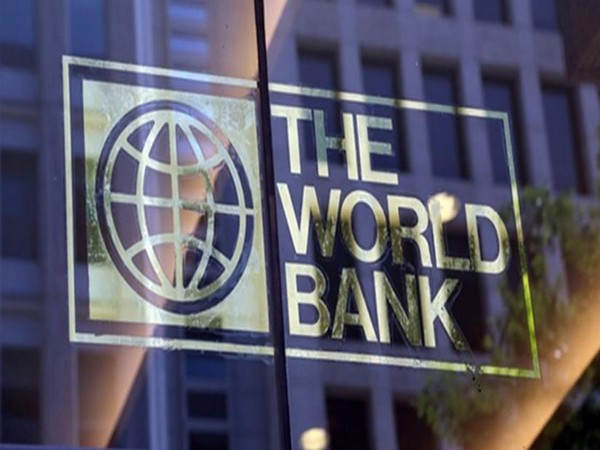The World Bank Group’s Board of Directors has approved a new strategic partnership with Suriname, charting a roadmap for the next four years aimed at supporting the country’s long-term development vision. This partnership focuses on enhancing economic resilience, promoting inclusive growth, and strengthening institutional governance, aligning closely with the Government of Suriname’s Multi-Annual Development Plan for 2022-2026.
A Pivotal Moment for Suriname
This strategic framework comes at a crucial juncture for Suriname, which is in the process of recovering from an economic recession that saw a 15.9% contraction in GDP in 2020 and inflation soaring to 74% in 2021. With recent offshore oil discoveries, the partnership aims to leverage these resources to foster sustainable and equitable opportunities, ensuring that the benefits reach all citizens. Key Objectives of the Strategy
The partnership outlines several key objectives, including:
Increasing Employment: The strategy focuses on creating jobs and reducing citizens’ vulnerability while prioritizing environmental protection.
Enhancing Education and Training: Improving access to quality education and preparing the workforce for future opportunities, particularly in emerging sectors.
Strengthening the Business Environment: Facilitating job creation and economic diversification in anticipation of new oil revenues.
Building Climate Resilience: Integrating strategies to strengthen resilience against climate and disaster risks, recognizing Suriname’s unique position as one of the few carbon-negative countries in the world.
Stanley Raghoebarsing, Minister of Finance and Planning of Suriname, emphasized the importance of this new strategy: “This comes at a time when Suriname is poised for significant transformation. With the World Bank's support, we will focus on creating jobs, improving education, and ensuring the responsible management of our natural resources, which will be key to our country's future prosperity.”
Sustainable Development and Environmental Preservation
Given that 93% of Suriname is covered by forests, the strategy highlights the importance of preserving these ecosystems while improving the livelihoods of forest-dependent indigenous and maroon communities. The World Bank will support initiatives to access carbon markets, promote sustainable mining practices, and enhance community-led resilience efforts, encouraging eco-friendly livelihoods.
Diletta Doretti, World Bank Resident Representative for Suriname, stated, “The new partnership will help Suriname achieve sustainable and inclusive growth. By strengthening institutions and investing in climate resilience, we aim to ensure that all citizens, especially the most vulnerable, benefit from the country’s development.”
Financial and Technical Support for Recovery
As Suriname navigates its recovery from fiscal challenges, the strategy is set to provide both financial and technical support to build institutional capacity, combat poverty, and ensure inclusive growth. The partnership was developed following a thorough analysis of the country's development challenges and extensive consultations with the government, private sector, civil society, and development partners.
This strategic partnership marks a significant step forward in Suriname's efforts to transform its economy, enhance the quality of life for its citizens, and safeguard its rich natural resources for future generations.











